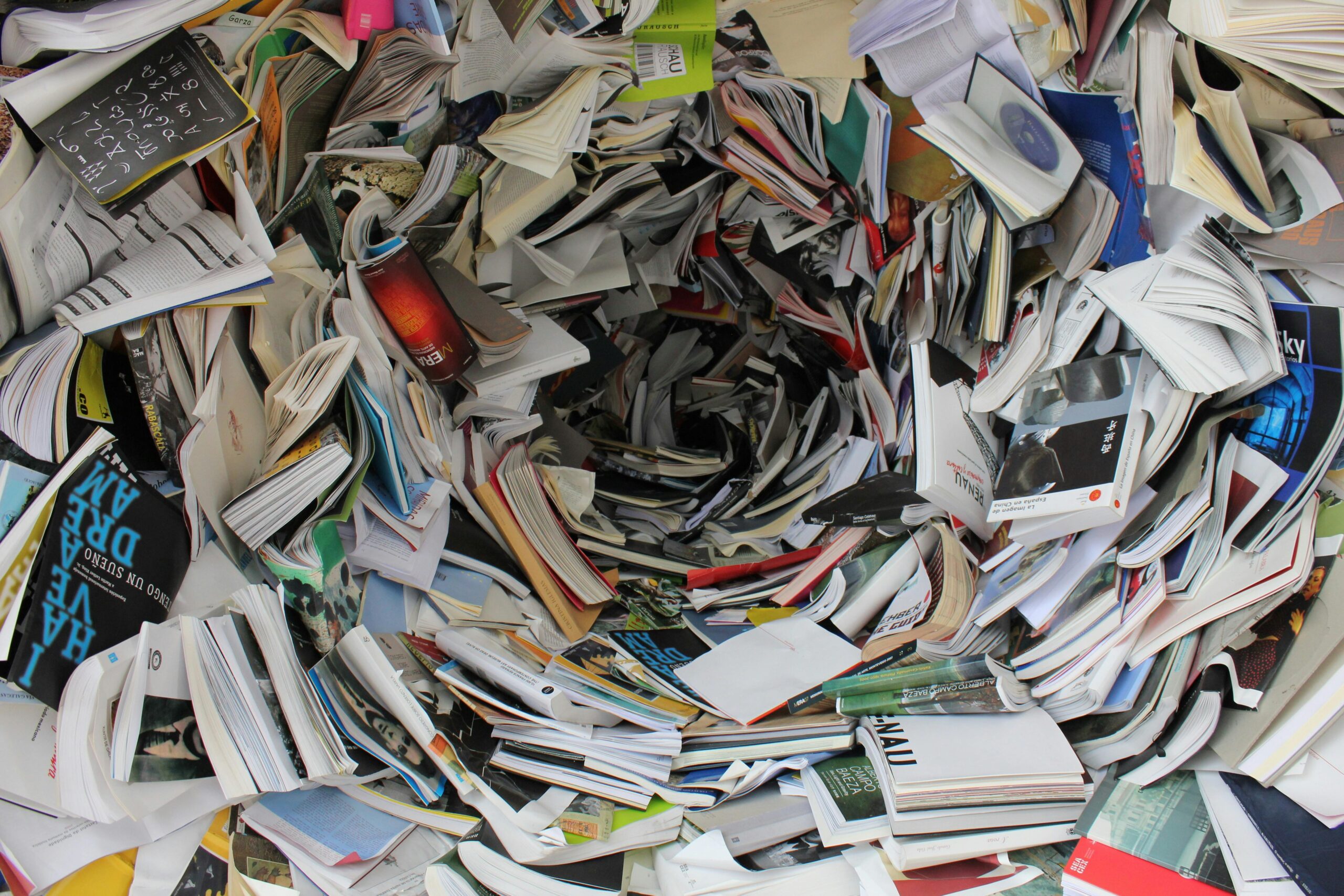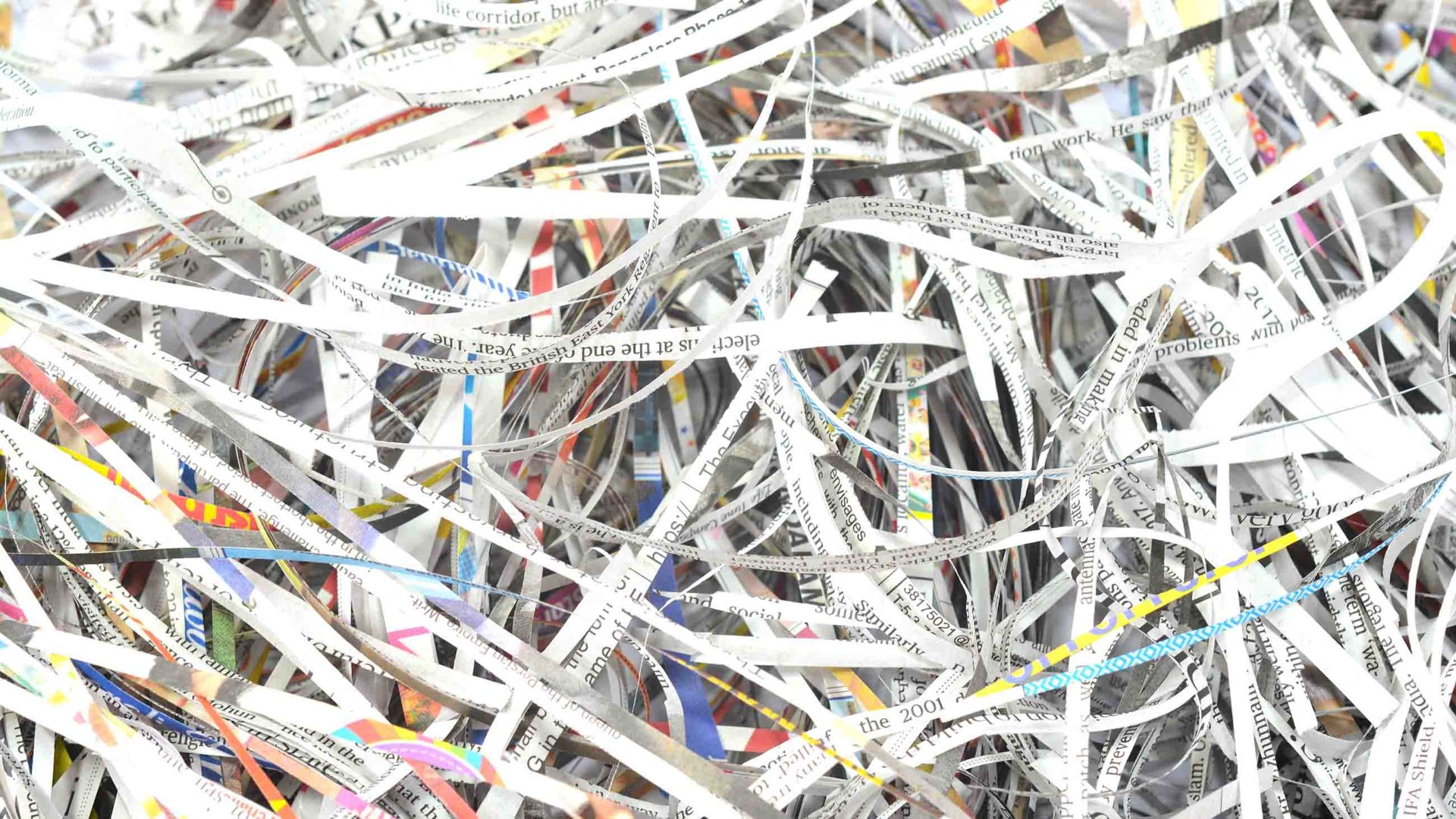These days, it’s easy to assume most of our personal information lives online. But the reality is, paper records are still everywhere, from old tax returns to credit card statements. And if you’re not careful about how you get rid of them, you could be leaving yourself wide open to identity theft or fraud.
To help you stay protected, here’s a practical list of 10 types of documents you should never throw in the bin without shredding them first.
1. Bank Statements
Bank statements might not seem risky at first glance, but they include your account numbers, balances, and transaction history. All of that can be misused if it ends up in the wrong hands.
Tip: Keep statements for a year or two if you need them for budgeting or tax purposes. Once you’re sure you don’t need them, shred them.
2. Tax Records
Old tax returns and supporting documents contain almost everything a criminal needs to steal your identity, income details, your Social Security or tax file number, and sometimes even copies of IDs.
Tip: Hold on to tax documents for at least 5 years (or longer, depending on your country’s requirements). After that, they should be securely destroyed.
3. Pay Slips
If you’re tossing out pay slips or employment records, remember that they include your income and your employer’s information. In some cases, they also contain tax file numbers or superannuation details.
Tip: Once you’ve compared them to your year-end summaries, it’s safe to shred them.
4. Credit Card Statements and Offers
That stack of unopened credit card offers? Shred them. Pre-approved offers are an easy target for fraudsters looking to open accounts in your name. Even expired credit card statements can still be misused.
Tip: Shred any paperwork that lists your credit card number or billing address.
5. Utility Bills
Electricity, gas, phone, utility bills often slip under the radar when you’re cleaning up. But they include your name, address, and account numbers. Combined with other data, they can help scammers verify your identity.
Tip: Shred them after you’ve paid and reconciled the amounts.
6. Medical Records and Health Insurance Papers
Medical paperwork is highly sensitive. It can include everything from treatment history to insurance IDs. Medical identity theft is real, and it’s often harder to detect than credit card fraud.
Tip: Keep what you need for claims or taxes, and shred anything you no longer require.
7. Expired IDs and Old Passports
An expired driver’s license or passport might feel harmless to throw out, but it still proves who you are. Criminals can use it to build a fake identity or apply for services in your name.
Tip: Always shred expired IDs, never just toss them in the bin.
8. Loan and Mortgage Documents
Old loan applications and mortgage paperwork can include detailed financial information, credit histories, and signatures. Even if the loan has been paid off, these papers are valuable to fraudsters.
Tip: Retain final agreements as long as necessary, then shred any duplicates or outdated copies.
9. Legal Documents
Wills, contracts, divorce papers, and other legal documents usually contain personal details you’d never want circulating. If you no longer need them, they should be destroyed properly.
Tip: Store essential originals safely and shred any drafts or expired versions.
10. Resumes and Job Applications
Your resume lists your full work history, contact details, and sometimes even your date of birth. If you’ve ever printed job applications or kept old copies, don’t leave them lying around.
Tip: If you’re decluttering, shred outdated resumes and applications to be safe.
Why Shredding Is Worth the Effort
Identity theft isn’t just something that happens online. A determined thief can piece together information from paper records and use it to:
- Open credit accounts
- File fraudulent tax returns
- Steal your medical benefits
- Even commit crimes under your name
Shredding is a simple, effective way to protect yourself, your family, or your business. It also keeps you compliant with privacy laws if you handle other people’s data.
If you’re ever unsure whether a document is safe to throw away, shred it anyway. It’s far better to be cautious than risk your information getting into the wrong hands.
Need help securely disposing of larger volumes of documents? Our team at Vault Document Destruction offers professional shredding services, whether it’s a one-off cleanout or regular scheduled pickups.
Get in touch today to learn how easy it is to protect your information, and your peace of mind.


